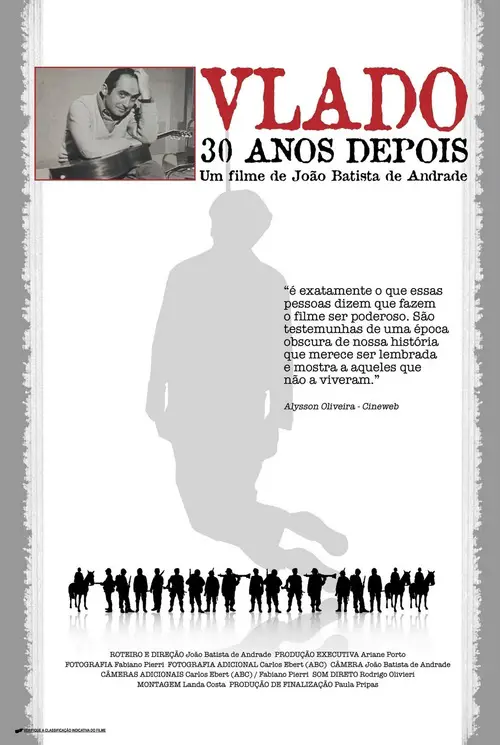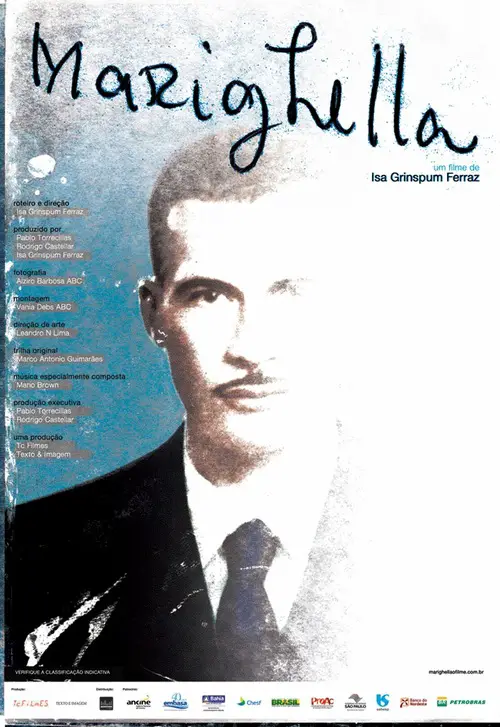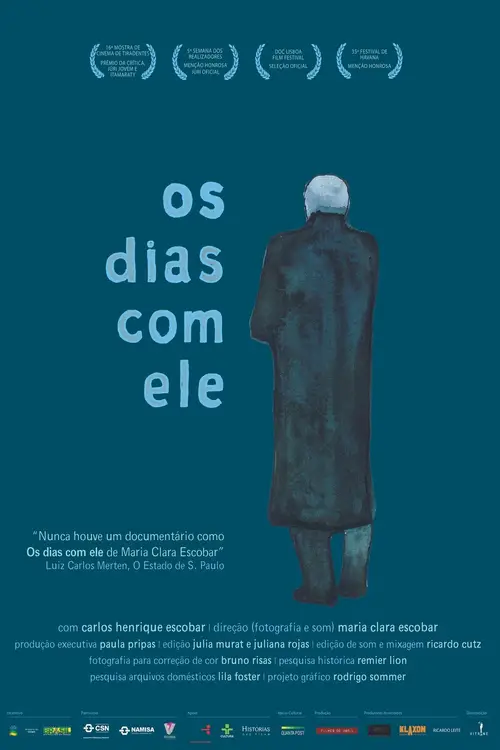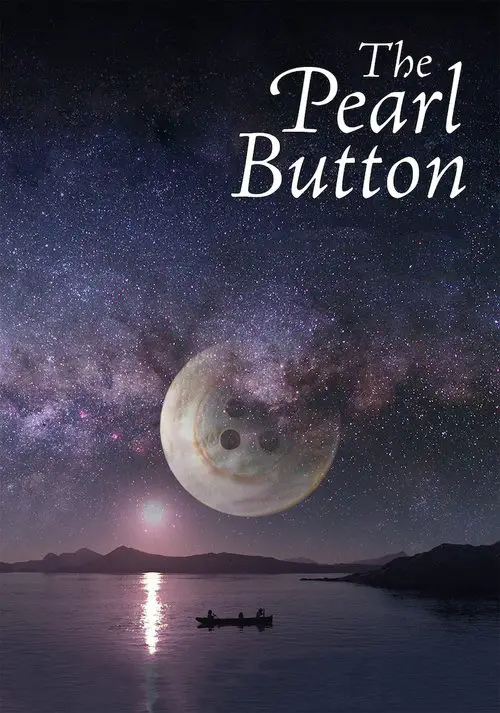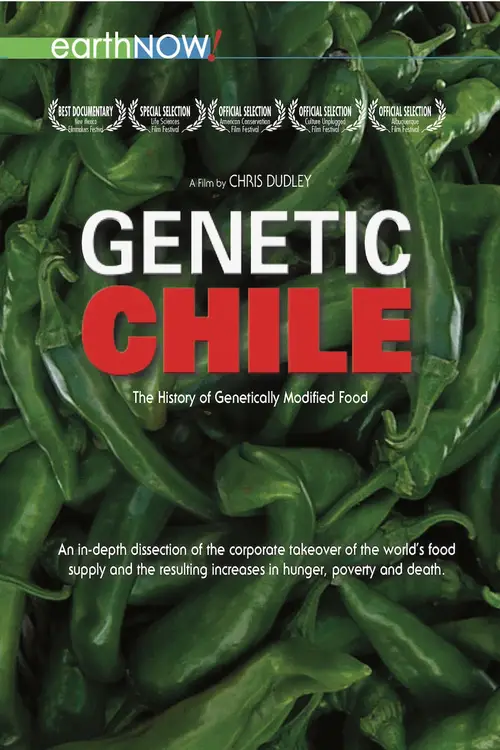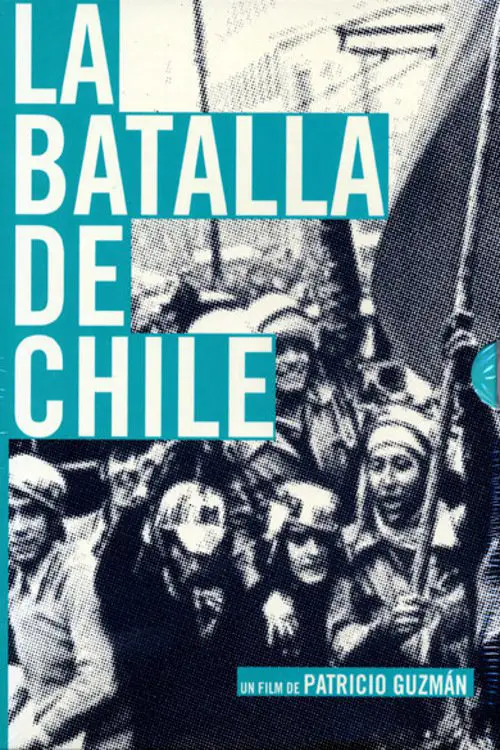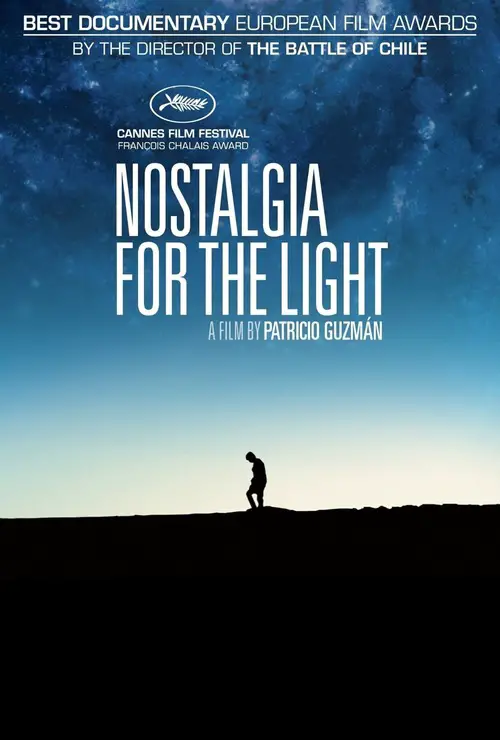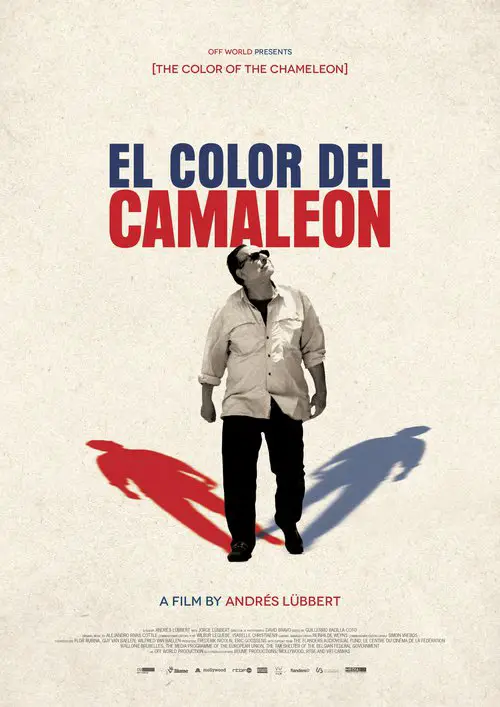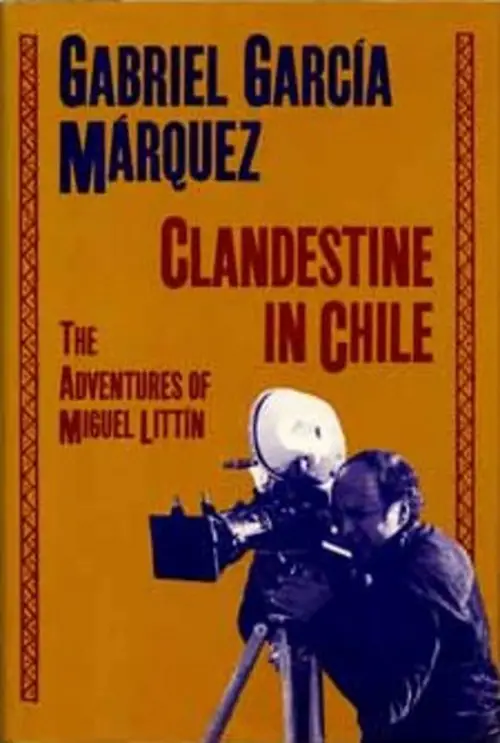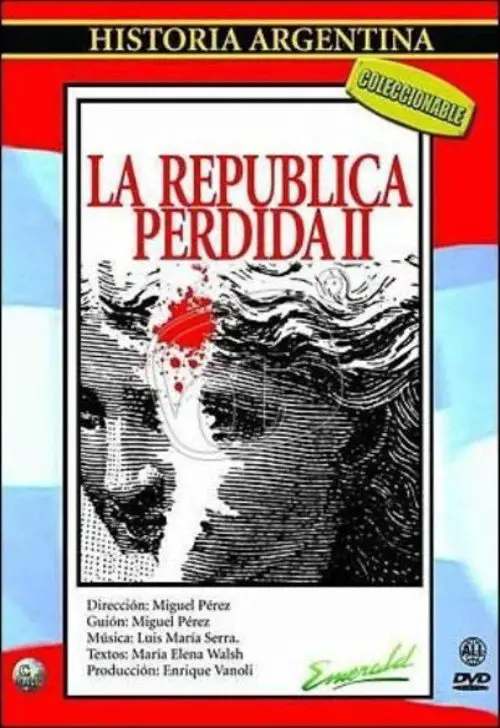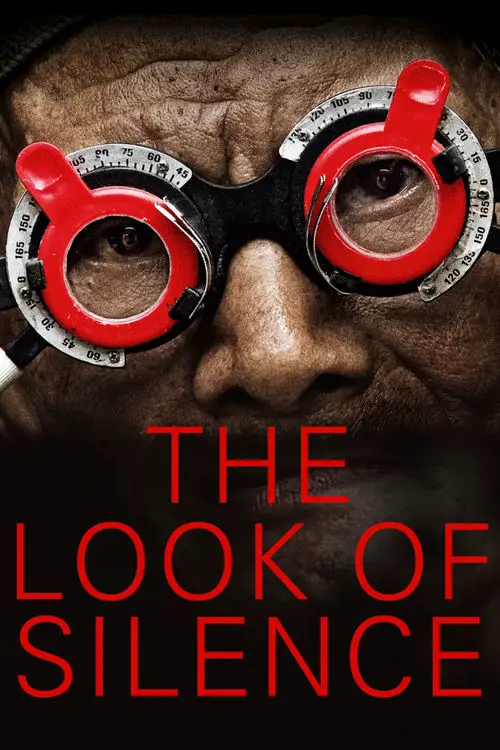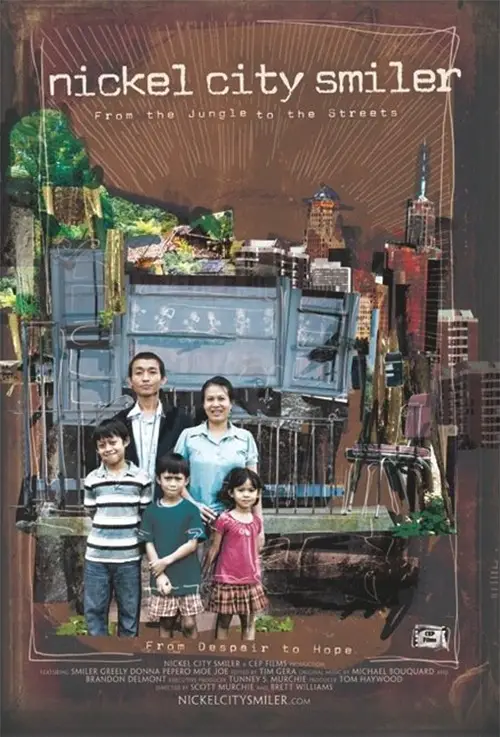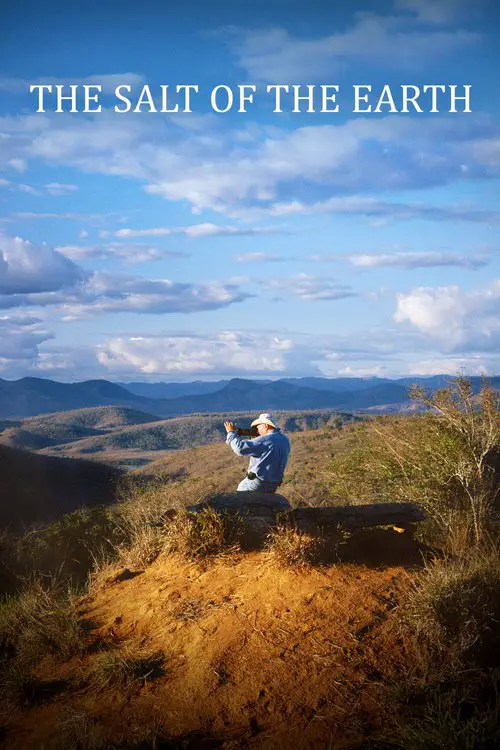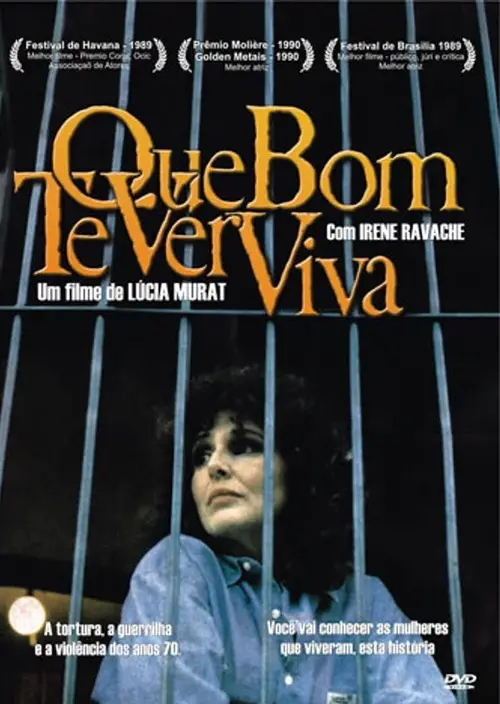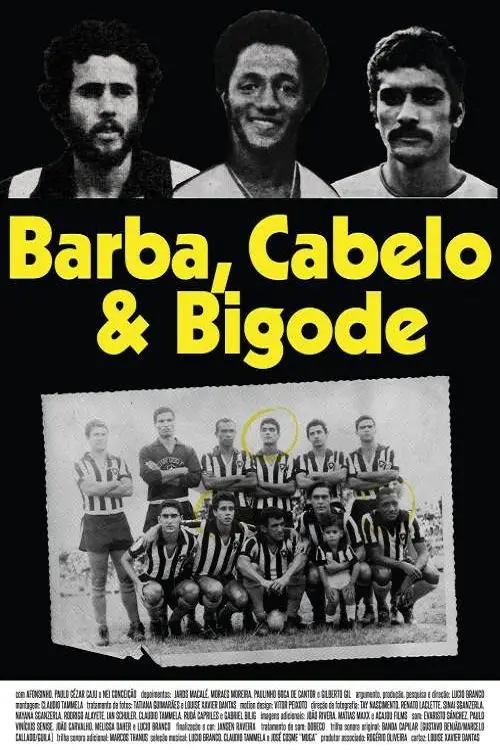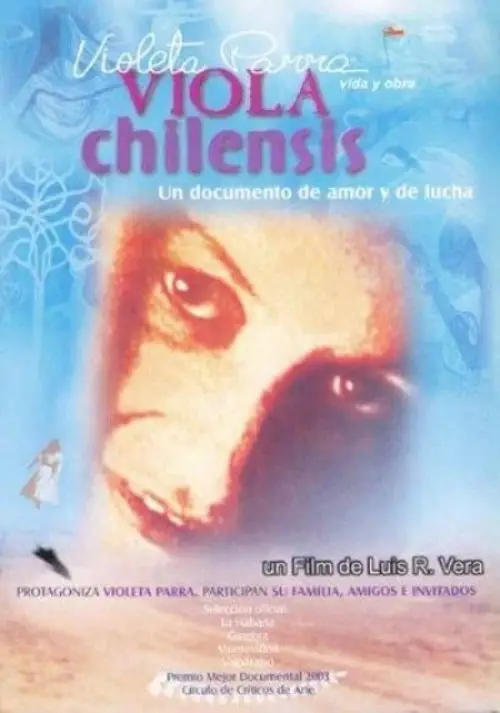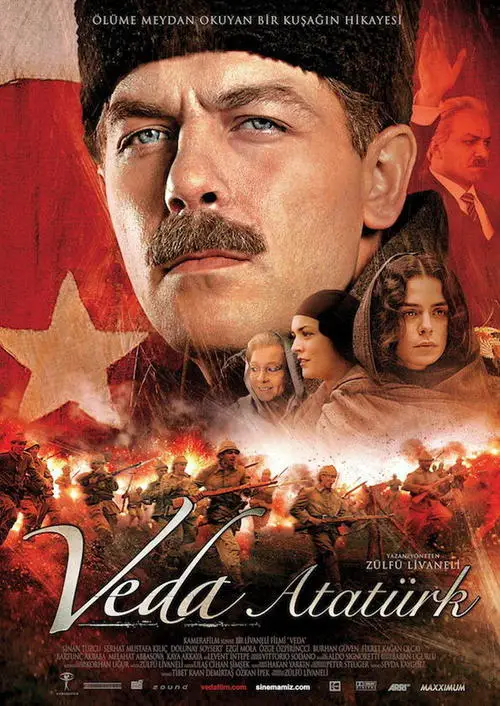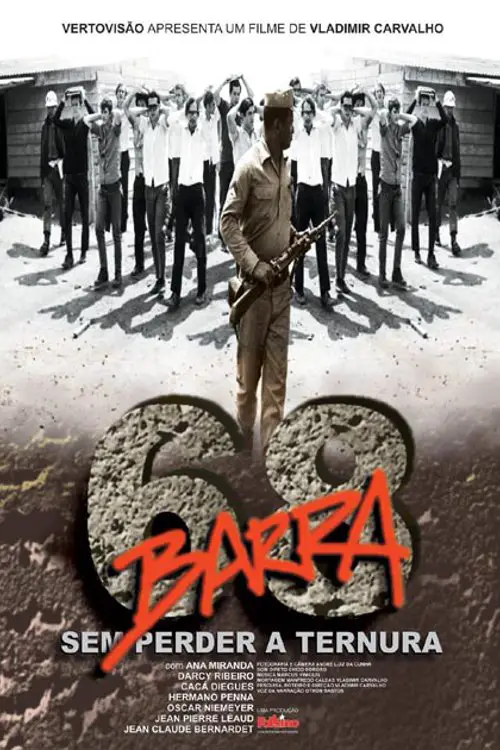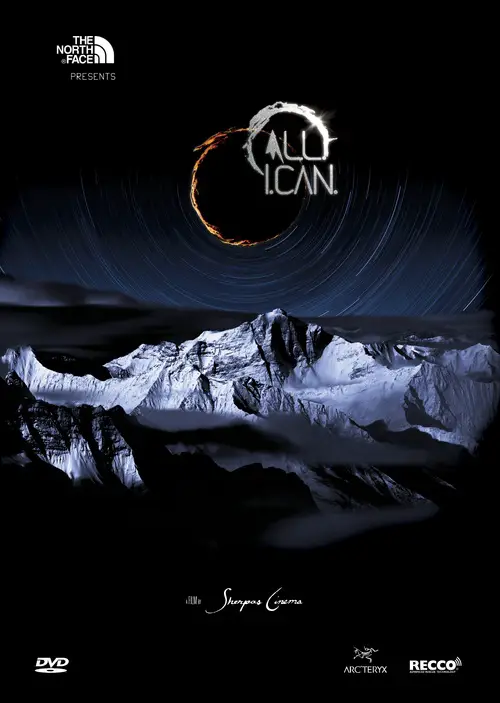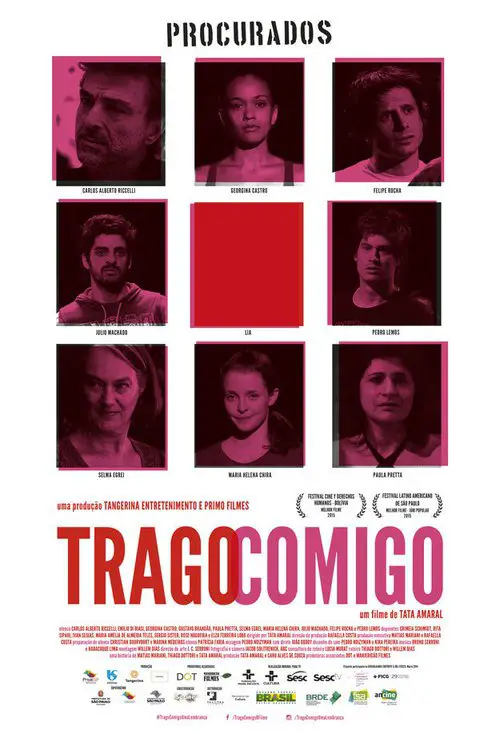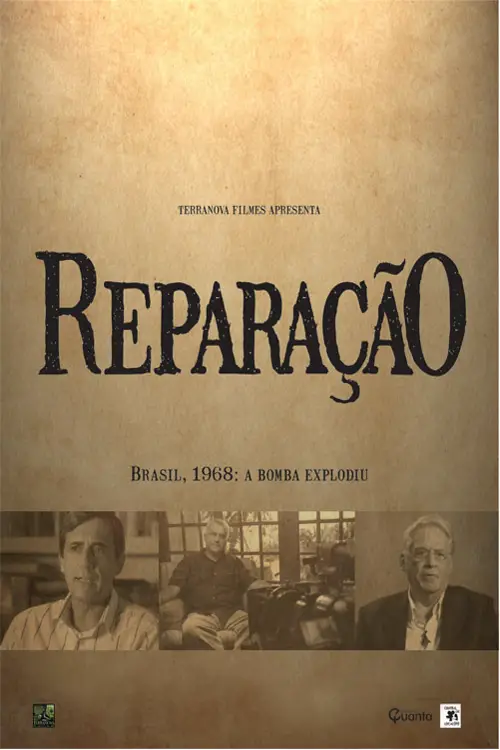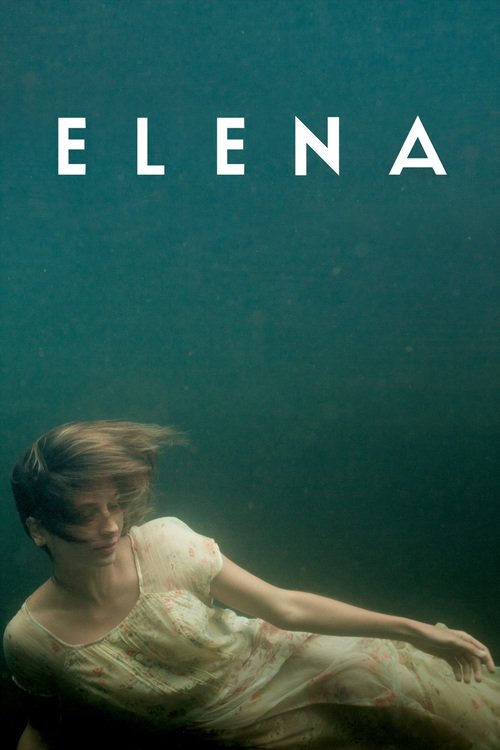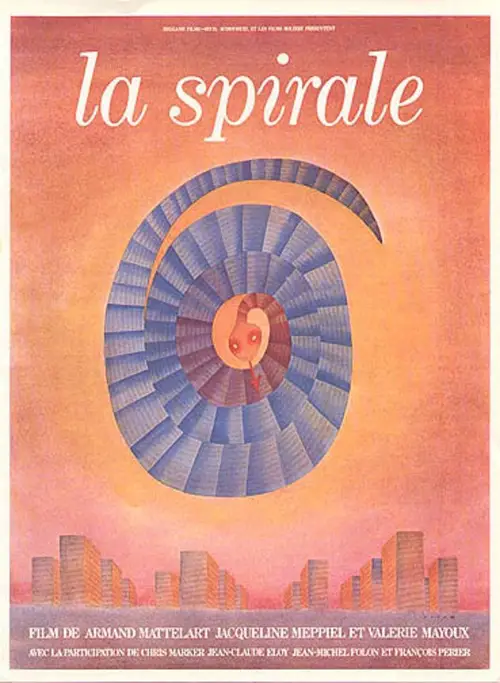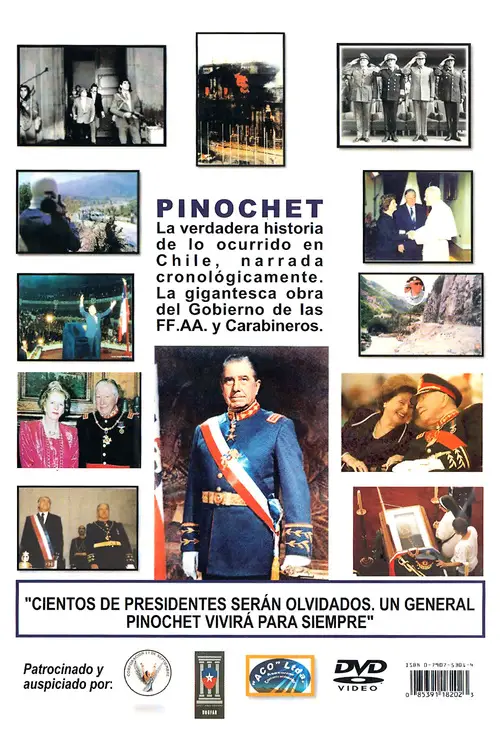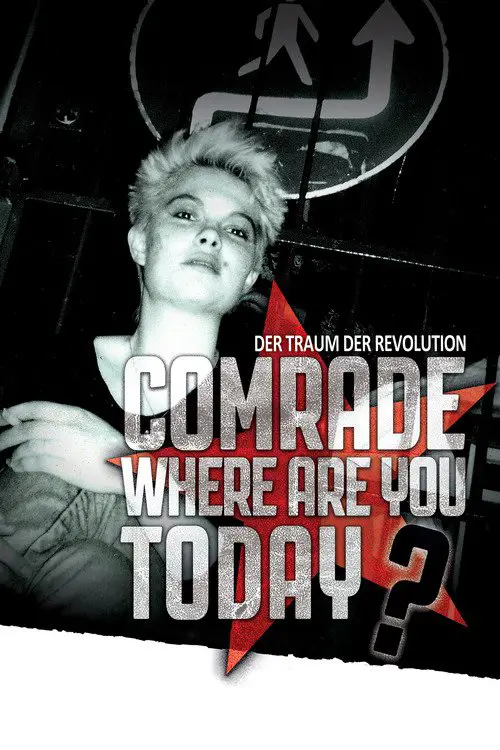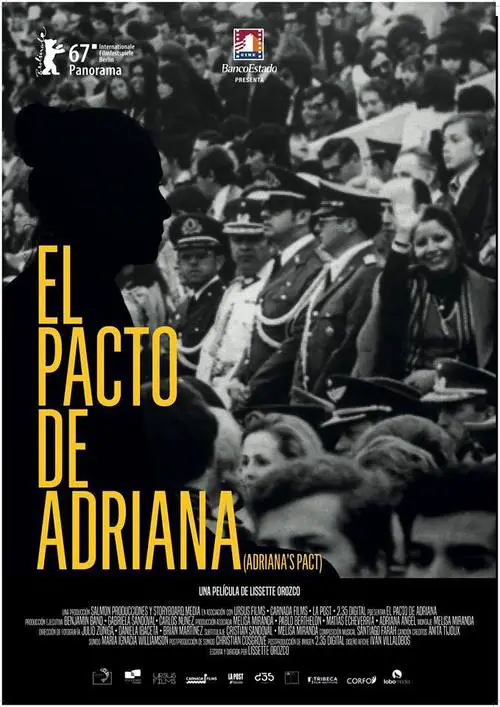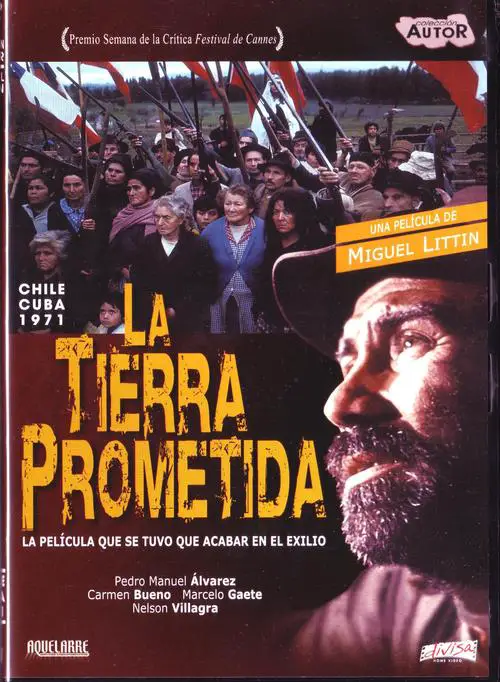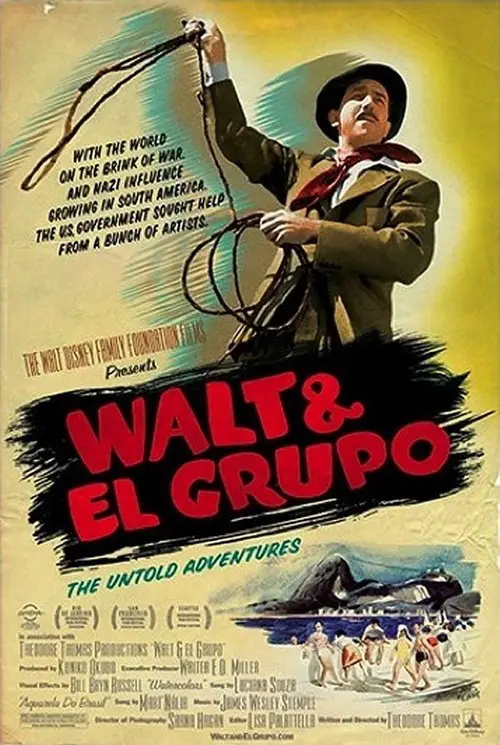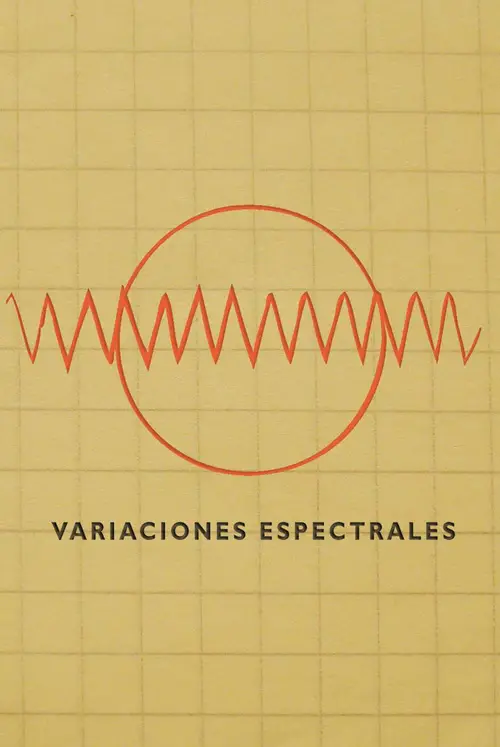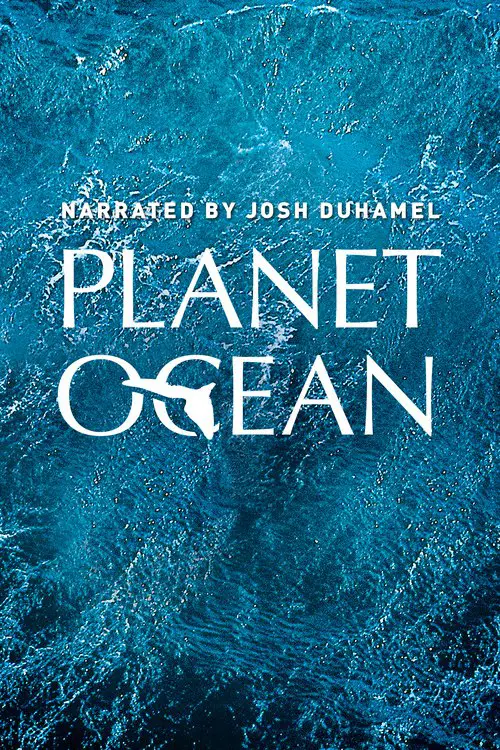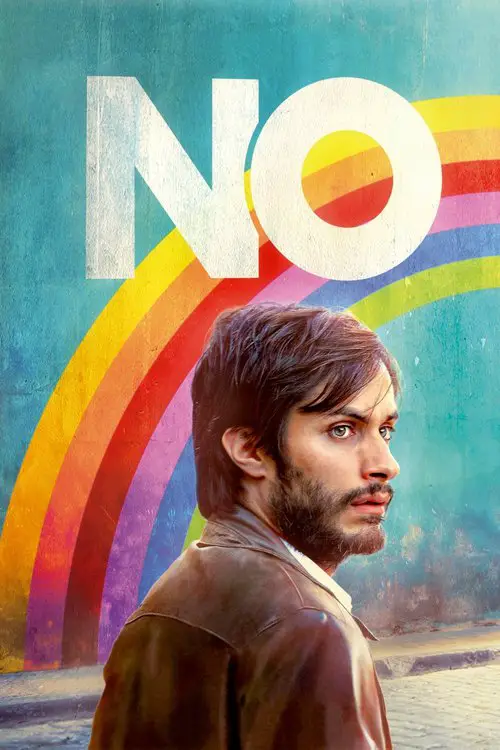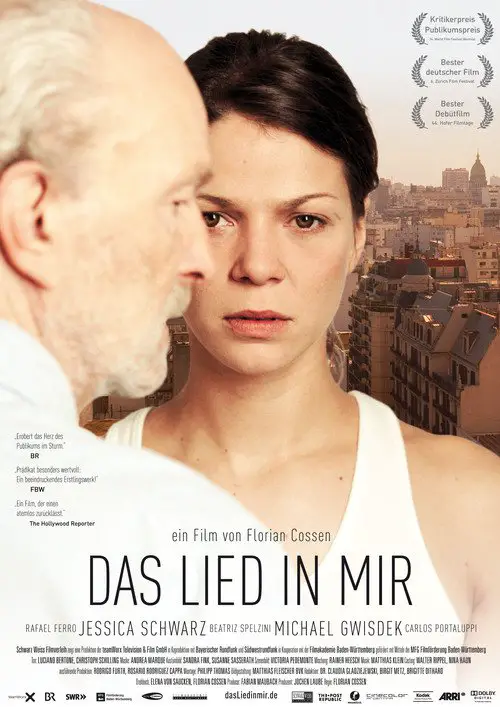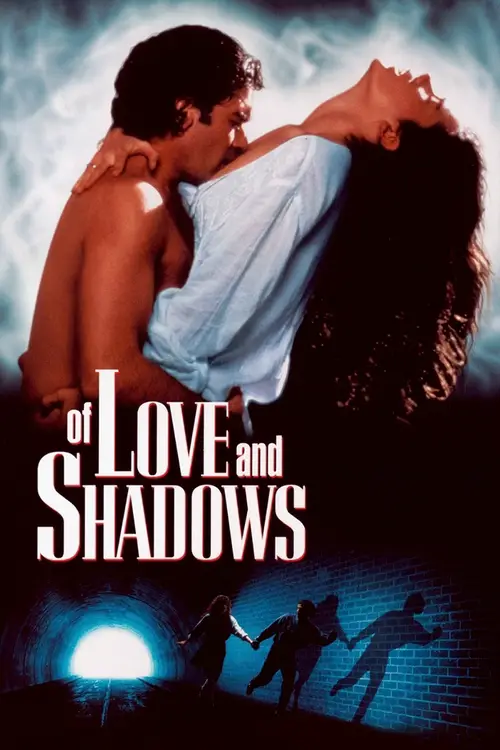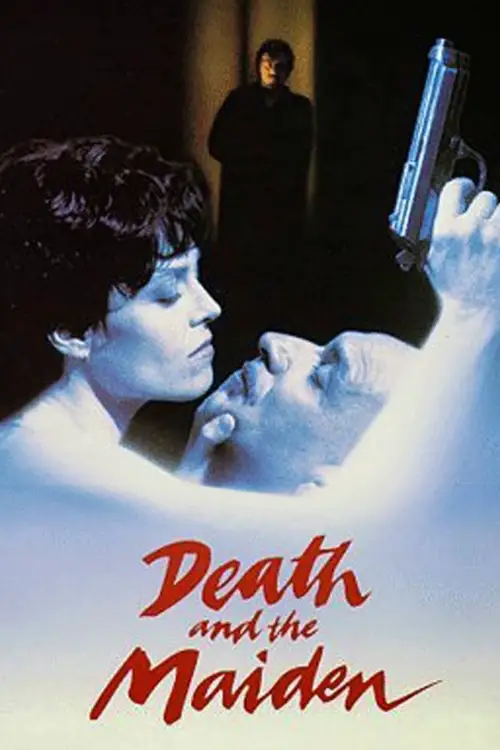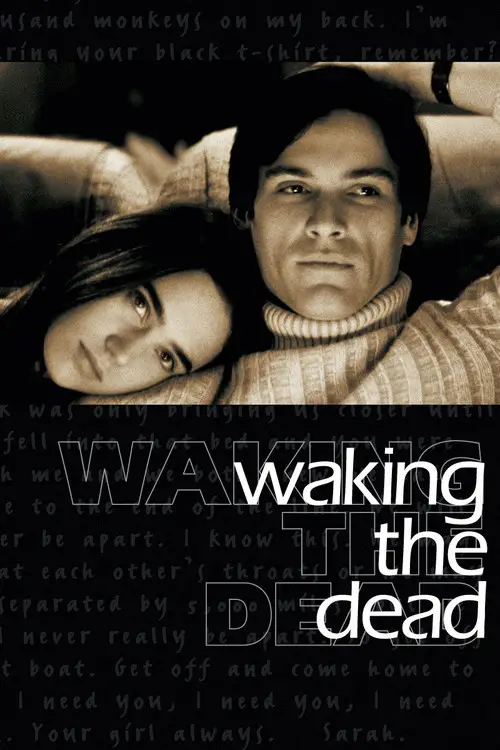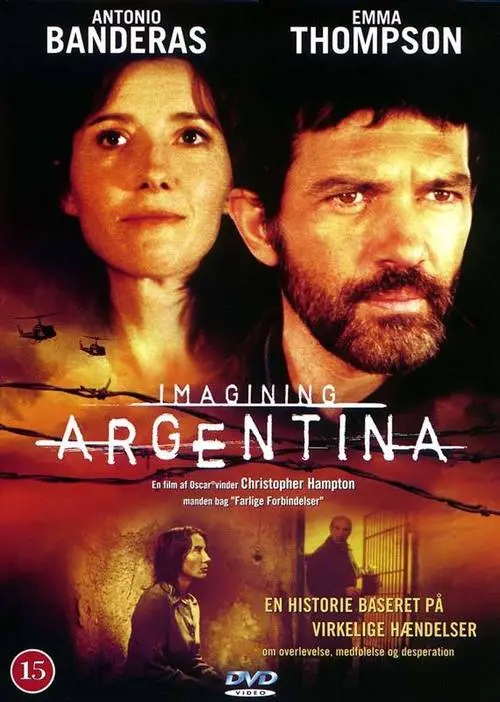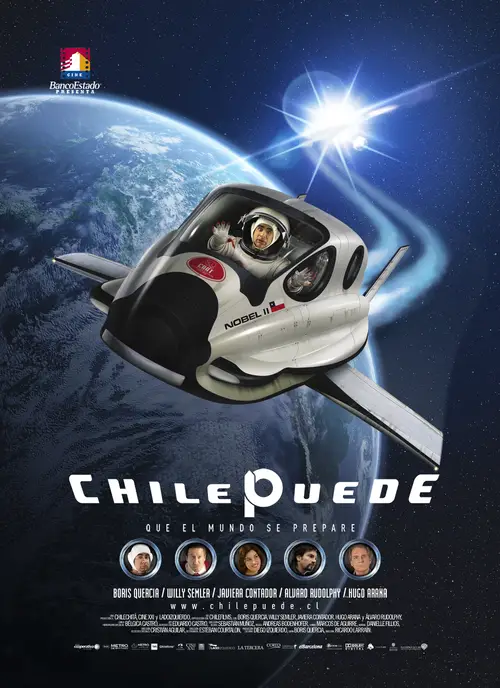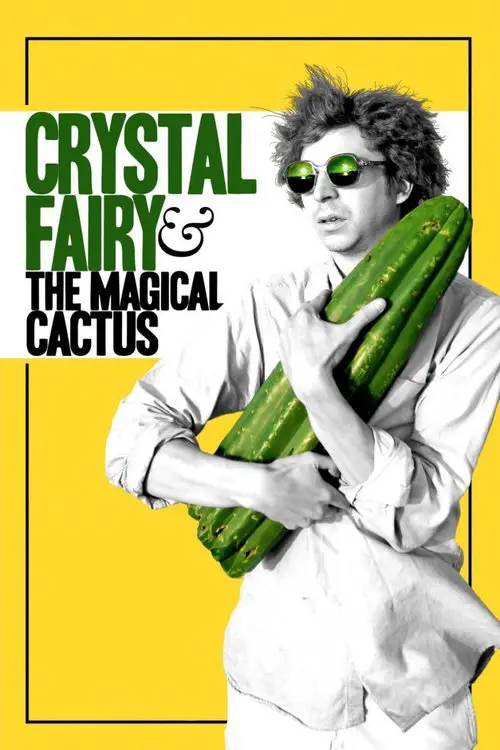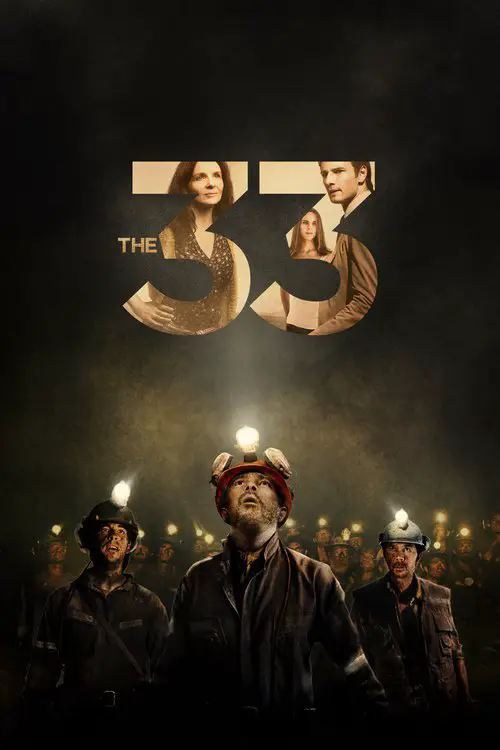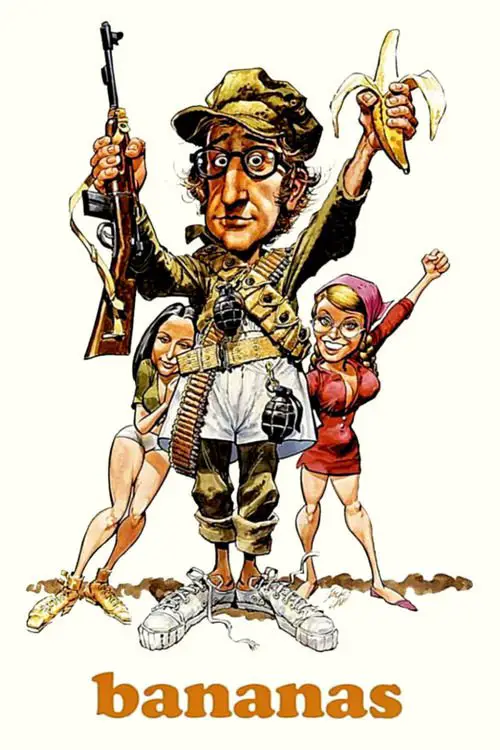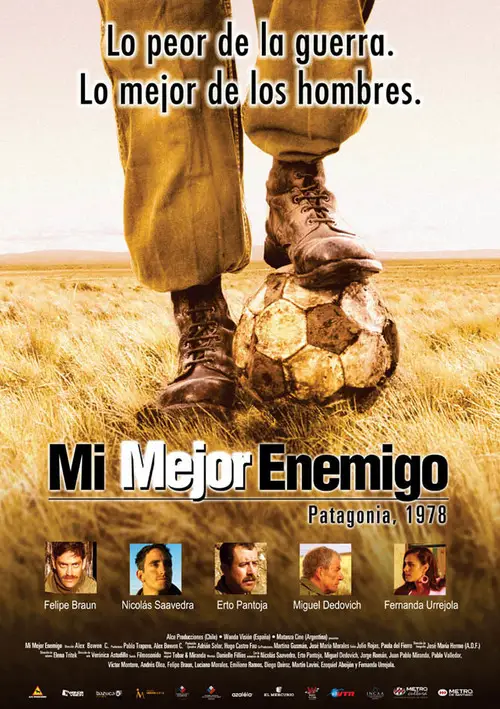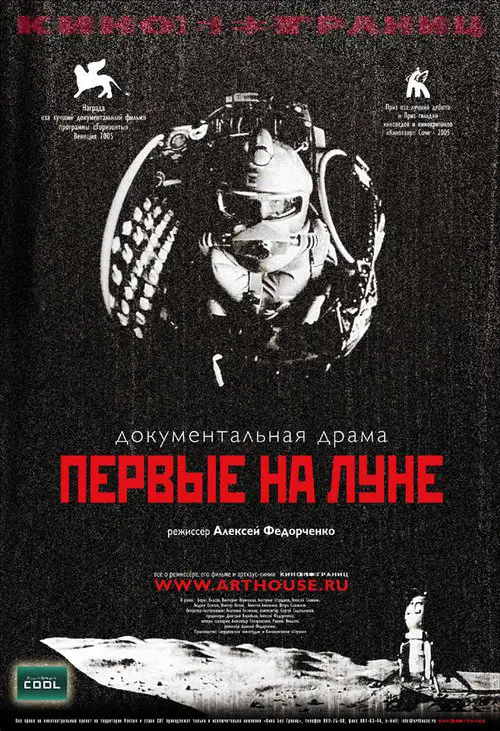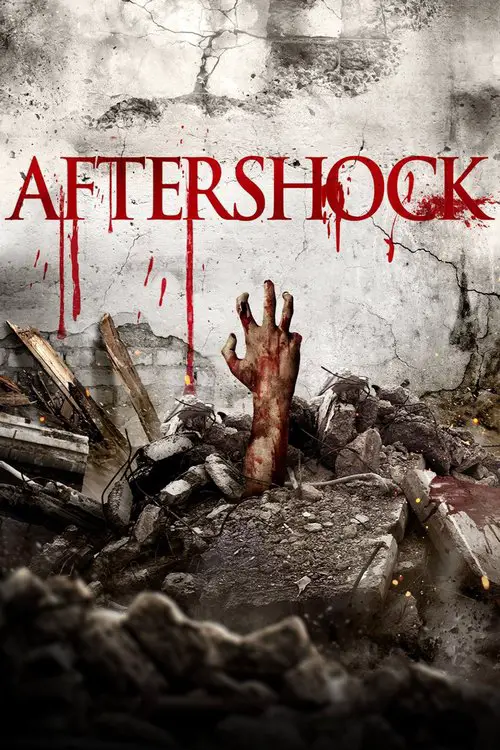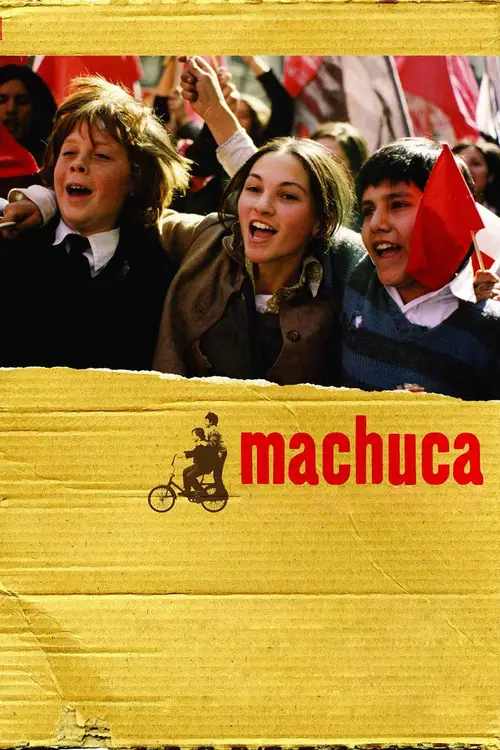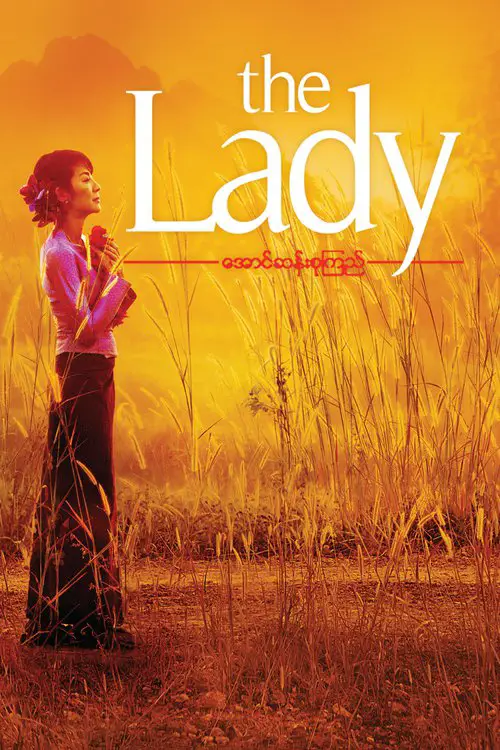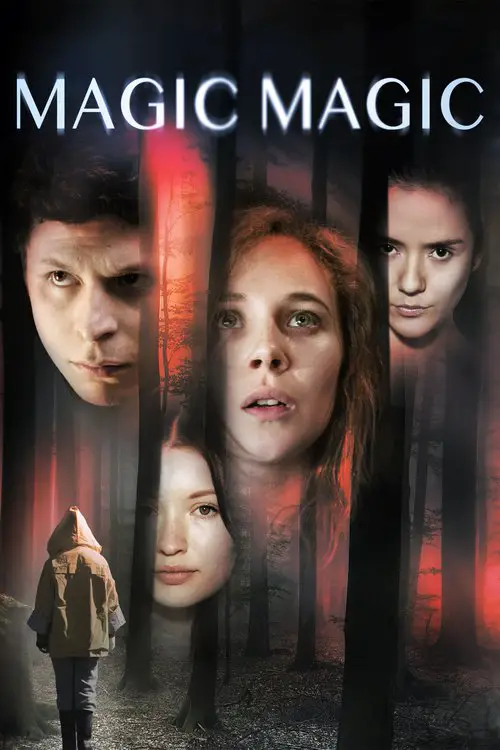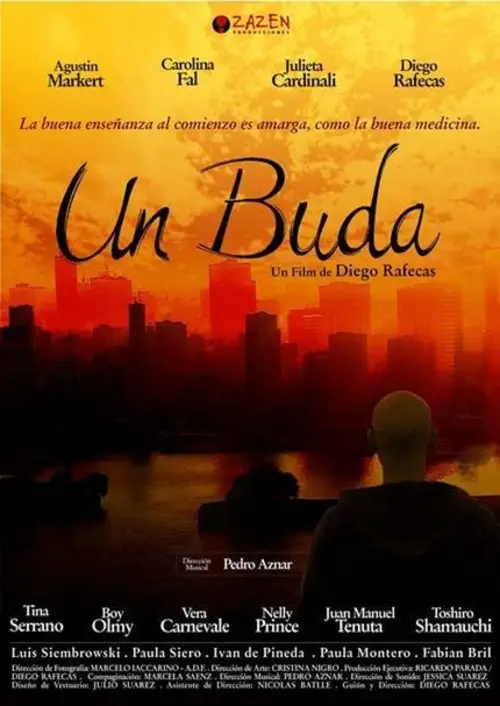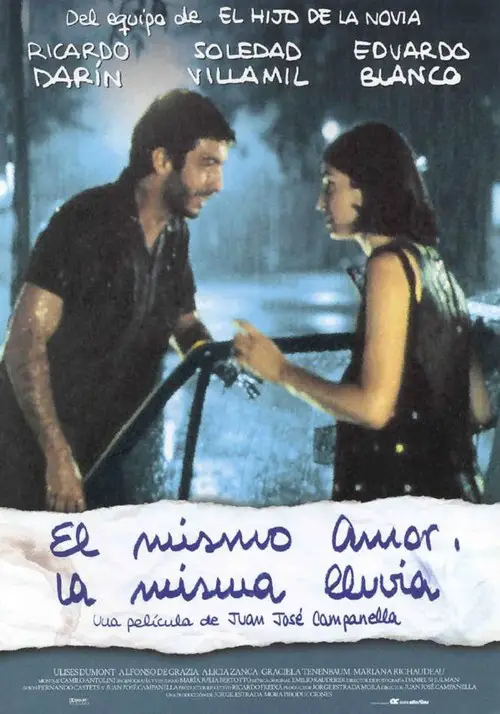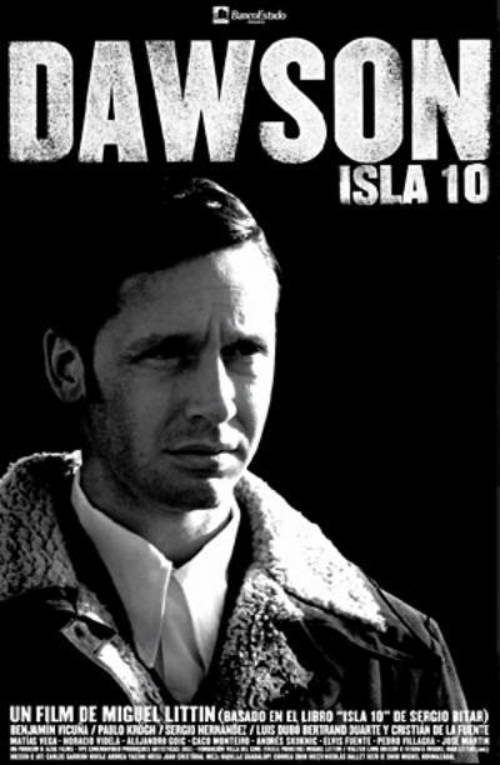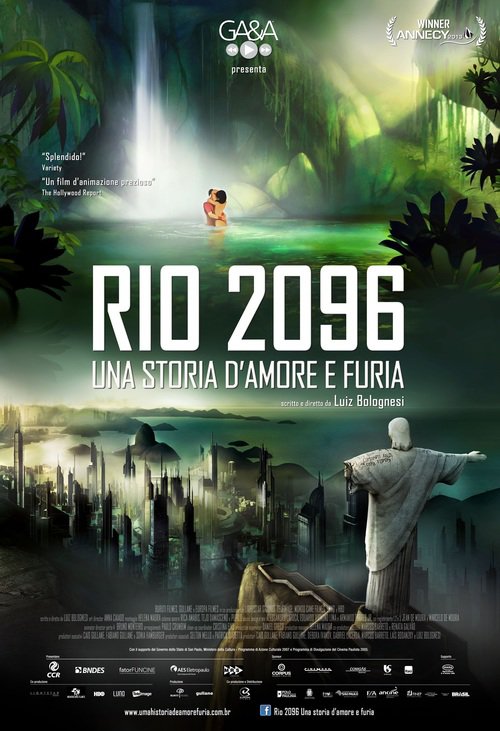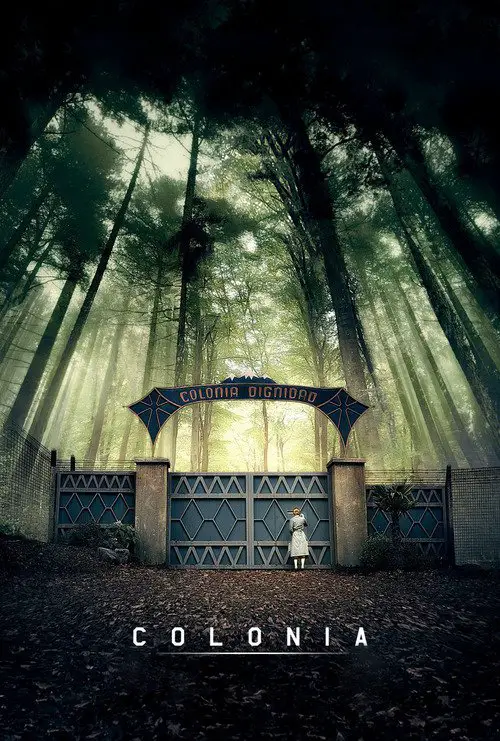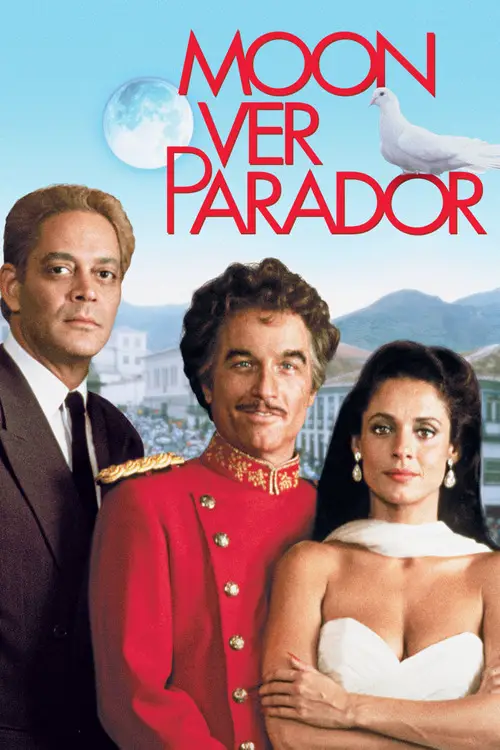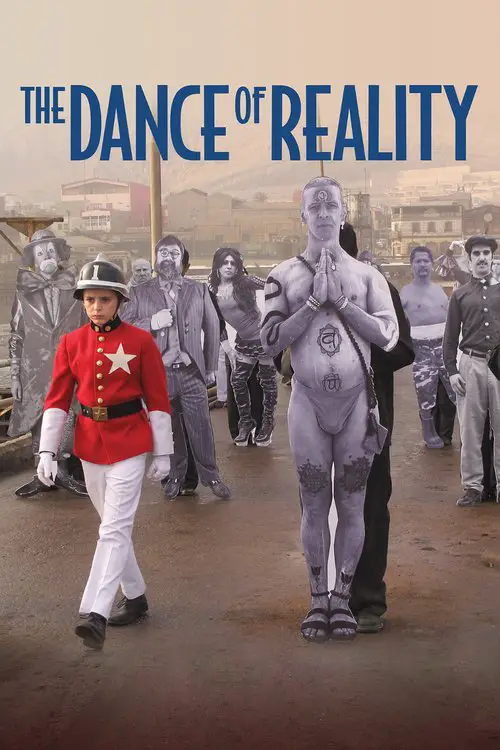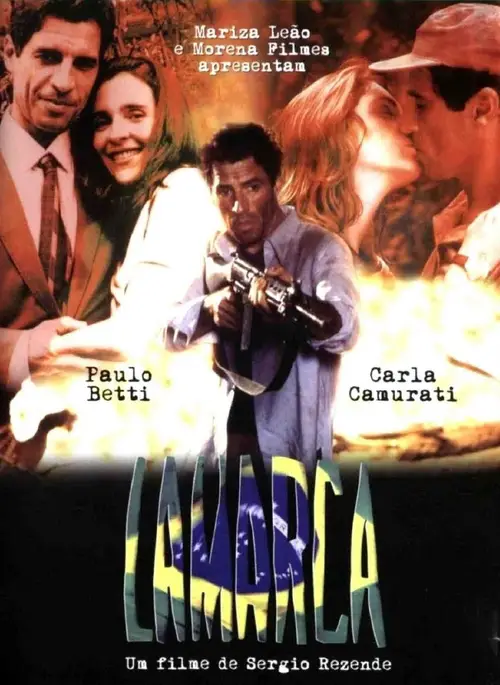Chile, the Obstinate Memory (1997)
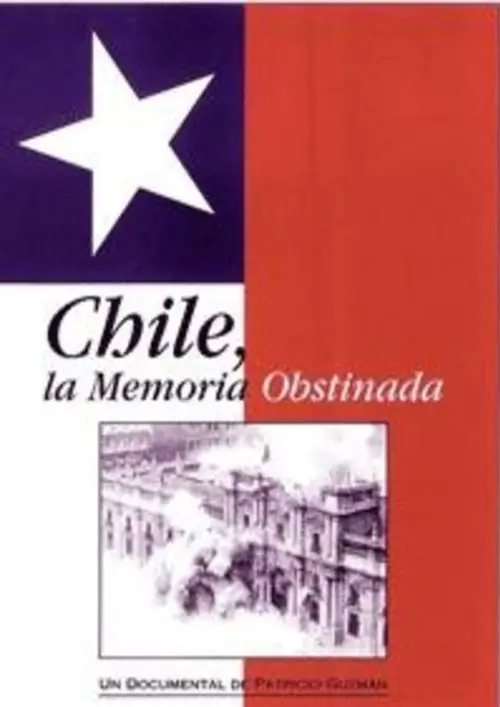
Similar movies
Biggest name left militancy in Brazil '60s, Carlos Marighella served in the main political events in Brazil between 1930 and 1969 and was considered the # 1 enemy of the Brazilian military dictatorship. Communist leader victim of prison and torture, parliamentarian, author of the world translated "Manual of the Urban Guerrilla," his life was a great act of strength and courage. Directed by his niece Isa Grinspum Ferraz, the feature Marighella is a historic building and affective this man who dedicated his life to thinking about Brazil and transform it through its action.
A leftist revolutionary or a reformist democrat? A committed Marxist or a constitutionalist politician? An ethical and moral man or, as Richard Nixon called him, a "son of a bitch"? In SALVADOR ALLENDE, acclaimed Chilean filmmaker Patricio Guzmán (The Battle of Chile and Chile, Obstinate Memory) returns to his native country thirty years after the 1973 military coup that overthrew Chile's Popular Unity government to examine the life of its leader, Salvador Allende, both as a politician and a man.
The discoveries and frustrations on accessing a memory of a father and of a time in the Brazilian history that are rarely public. The young filmmaker plunges into this unknown past of her almost unknown father. He, a Brazilian intellectual, imprisoned and tortured during the military dictatorship, is silent about this since that time. A father and a fatherland that does not like to answer any questions, that loves but rarely talks.
The ocean contains the history of all humanity. The sea holds all the voices of the earth and those that come from outer space. Water receives impetus from the stars and transmits it to living creatures. Water, the longest border in Chile, also holds the secret of two mysterious buttons which were found on its ocean floor. Chile, with its 2,670 miles of coastline and the largest archipelago in the world, presents a supernatural landscape. In it are volcanoes, mountains and glaciers. In it are the voices of the Patagonian Indigenous people, the first English sailors and also those of its political prisoners. Some say that water has memory. This film shows that it also has a voice.
A look at the world of genetically modified foods through the lens of New Mexico's iconic chile pepper. The Chile pepper defines New Mexican cuisine and is considered a sacred plant by many cultures. Despite overwhelming evidence of gene flow, persistent safety questions, predatory multinational agribusiness corporations and potential economic damage, the State of New Mexico funded research to produce a GMO chile. It was the first time a state government directly targeted a crop for genetic modification. Because the funding is public, we were able to force a rare interview with a genetic researcher at NMSU. This film is packed with information about the harmful use of GMO technology and the ignorance shown by the proponents of GMO crops.
During the Pinochet dictatorship, Jorge Lübbert became an instrument for the Chilean secret services, who forced him to work for them in an extremely violent way. He was able to escape from Chile and became a war photographer based in Belgium. Today, his son Andrés takes him back to the places of his unfinished past.
In 1985, Miguel Littin returned clandestinely to Chile and made this documentary divided in four parts about the political reality of the country. The parts are titled, Miguel Littin: Clandestine in Chile; The North of Chile: When I Fled to the Pampa; From the Frontier to the Interior of Chile in Flames; and Allende: the Time of History, the film features testimony from Garcia Marquez, Fidel Castro and Hortensia Bussi. Also shown is the Chile of Augusto Pinochet and Salvador Allende. When Littin returned to Spain and finished his work, Gabriel Garcia Marquez set out to write the story of the film, published under the title Clandestine in Chile: the Adventures of Miguel Littin, which quickly became a best seller.
A history of Argentina's last military dictatorship (1976-1983). After "La Republica Perdida" was made, which covered 1930 to 1976, there was an important part of Argentina's history yet to be told, which was too recent to be covered by the first documentary. The first movie was made at the end of the last dictatorship. This second documentary covers this last dictatorship from 1976 to 1983.
During the last forty years, the photographer Sebastião Salgado has been travelling through the continents, in the footsteps of an ever changing humanity. He has witnessed the major events of our recent history ; international conflicts, starvations and exodus⦠He is now embarking on the discovery of pristine territories, of the wild fauna and flora, of grandiose landscapes : a huge photographic project which is a tribute to the planet's beauty. Sebastião's Salgado's life and work are revealed to us by his son, Juliano, who went with him during his last journeys, and by Wim Wenders, a photographer himself.
Afonsinho, Paulo Cézar Caju and Nei Conceição started their careers in the mid-1960s, a time of strong political repression in Brazil. Originally teammates of a celebrated generation of the Botafogo football team superstars, they did not give up their freedom when the military dictatorship decided to take control of the field.
A friendship started in childhood in Thessaloniki firstly turned into being comrade in arms and then a half-century brotherhood and fraternity following the same ideals until the death upon proclamation of the Republic; Ataturk & Salih Bozok Veda Ataturk (The Farewell Ataturk) is the story of a brotherhood, portrayal of milestones in Ataturk's life and the story of a commander commanding a generation that challenged the death to save the homeland.
A Brokedown Melody explores the times, travels and experiences of a tribe of surfers who search for the spark of life and look to pass it on to the younger generation. The film follows swell through South America, Polynesia and Jamaica documenting the surfing and times of Kelly Slater, Jack Johnson, Gerry Lopez, Rob Machado and the Malloys.
The time has come for a ski film that stands for something. Join us as we unite spectacular cinematography with creative cinematic language to fuse our passion for skiing with our potential to help the environment. In bringing the planet to life and drawing parallels between our daily existence, we find common ground between the global situation and the real individual. Epic natural cinematography, ground breaking skiing from Chile to Greenland, and an environmental engagement that creates an accessible identification point for the viewer, leaving them with an inspiring new perspective.
Elena, a young Brazilian woman, travels to New York with the same dream as her mother, to become a movie actress. She leaves behind her childhood spent in hiding during the years of the military dictatorship. She also leaves Petra, her seven year old sister. Two decades later, Petra also becomes an actress and goes to New York in search of Elena. She only has a few clues about her: home movies, newspaper clippings, a diary and letters. At any moment Petra hopes to find Elena walking in the streets in a silk blouse. Gradually, the features of the two sisters are confused; we no longer know one from the other. When Petra finally finds Elena in an unexpected place, she has to learn to let her go.
In 1988 20-year-old Kirsi Marie Liimatainen travels from Finland to the GDR, to study Marxism-Leninism at the International Youth Academy. In summer of´89 the course ends and the students spread out over the world.Afew months later, the Berlin Wall falls. 24 years later Kirsi, sets out on a cinematic journey to Nicaragua, South Africa, Chile, Bolivia, Lebanon, Germany and Finland to meet up once more with her former fellow students. What remains of their dream of the liberation of the oppressed?
Adriana was always the director's favourite aunt. A confident woman settled in Australia, who, one day in 2007, is suddenly arrested while visiting her family in Chile and accused of having worked for dictator Pinochet's notorious secret police, DINA. The aunt denies these accusations. Her niece sets out to investigate Adriana's history and begins filming.
During the socialist government of Marmaduke Grove in 1932, a group of villagers decide to take some land in the area of ââPalmilla. Almost like a mythical journey, problems arise when seated and in a position to bring the socialist ideal in the population. Everything becomes more complicated with rumors that the reactionary forces have overthrown the socialist government. A movie that because of the coup was not released in Chile and was only terminated by Littin in exile in Mexico.
The year was 1941, and the world was on the brink of war. In an effort to improve relations between the Americas, the Roosevelt administration called upon one of Hollywoodâs most influential filmmakers to embark on a special goodwill tour. Written and directed by Theodore Thomas (âFrank and Ollieâ) and produced by Kuniko Okubo, the documentary WALT & EL GRUPO chronicles the amazing ten-week trip that Walt Disney and his hand-picked group of artists and filmmaking talent (later known as âEl Grupoâ) took to South America at the behest of the U.S. Government as part of the Good Neighbor Policy.
Documentary inspired in the life and work of Chilean musician and engineer José Vicente Asuar, worldly known for his work in developing electroacoustic music, being the creator of the first musical computer in Latin America, today abandoned in a country house outside the city. The reunion of Asuar with this artifact creates a lost story that reveals the history of a essential character of our sounding biography.
In 1988, Chilean military dictator Augusto Pinochet, due to international pressure, is forced to call a plebiscite on his presidency. The country will vote âYesâ or âNoâ to Pinochet extending his rule for another eight years. Opposition leaders for the âNoâ vote persuade a brash young advertising executive, Rene Saavedra, to spearhead their campaign. Against all odds, with scant resources and while under scrutiny by the despotâs minions, Saavedra and his team devise an audacious plan to win the election and set Chile free.
Based on the real-life experiences of Ed Horman. A conservative American businessman travels to a South American country to investigate the sudden disappearance of his son after a right-wing military takeover. Accompanied by his son's wife he uncovers a trail of cover-ups that implicate the US State department which supports the right-wing dictatorship.
During a stopover in Buenos Aires on her way to Chile, 31-year-old Maria recognizes a nursery rhyme. Maria doesn't speak a work of Spanish, but without understanding what she is singing, she remembers the Spanish lyrics. Disturbed and thrown off course, she decides to interrupt her journey and wander through the unfamiliar city. On the phone to Germany, she tells her father, Anton, about her experience and the peculiar fascination the unfamiliar city has had for her. Two days later, Anton suddenly turns up at Maria's hotel with something to confess: Maria spent the first three years of her life in Buenos Aires during the military dictatorship at the end of the 1970s. The people she had always thought were her parents had adopted her and brought her to Germany. Father and daughter begin a journey in search of Maria's biological parents. Anton does everything he can not to lose his daughter.
Accomplished British screenwriter Christopher Hampton directs the political drama Imagining Argentina, based on the novel by Lawrence Thornton. Set during the unsettling disappearances in Buenos Aires during the dictatorship of the 1970s, the film involves theater director Carlos Rueda (Antonio Banderas) and his wife Cecilia (Emma Thompson). Shortly after Cecilia writes an editorial commentary questioning the mysterious abductions, she is herself abducted and taken into police custody. Soon Carlos develops the supernatural ability to see into the future and he imagines his wife meeting an awful fate during an escape attempt. To make matters worse, their teenage daughter Teresa (Leticia Dolera) is also kidnapped. Imagining Argentina was nominated for the Golden Lion at the 2003 Venice Film Festival. SCREENED/AWARDED AT: Venice Film Festival (ref. Amazon)
Jamie is a boorish, insensitive American twentysomething traveling in Chile, who somehow manages to create chaos at every turn. He and his friends are planning on taking a road trip north to experience a legendary shamanistic hallucinogen called the San Pedro cactus. In a fit of drunkenness at a wild party, Jamie invites an eccentric womanâa radical spirit named Crystal Fairyâto come along.
After losing their bearings, a group of Chilean soldiers learns some lessons about their enemy's humanity in this dark comedy set during the 1970s war between Chile and Argentina. Digging in where they are, the troop soon discovers a nearby Argentinean platoon. Unsure how to handle the situation, the two groups start passing notes via a stray dog, and eventually achieve a wary camaraderie.
In spring 1938 in the mountains in the north of Chile a fiery UFO, later named "Chilean Sphere ", fell down. The investigation of this episode, made by a film crew, has led to a sensational discovery. It appeared that before the Second World War (in the thirties) in the USSR a secret space program had been developed. The Soviet scientists and military authorities managed to launch the first spacecraft 23 years prior to Jury Gagarin's flight! "The First on the Moon" tells about everyday life, heroic deeds and tragedy of the first group of the Soviet cosmonauts. It is the first Russian film shot in a very rare genre 'mockumentary' or 'documentary fiction'.
The film is about the life of Aung San Suu Kyi (Yeoh) who spent more than a decade under house arrest. David Thewlis portrays Suu Kyi's husband, Dr. Michael Aris. Rebecca Frayn began working on the project after she and her husband, producer Andy Harries, visited Burma in the early 1990s.Harries' production company Left Bank Pictures began development of the script in 2008 under the working title Freedom from Fear. Harries wanted Michelle Yeoh as the lead and had the script sent to her.
Un Buda follows two brothers orphaned as children when their parents were taken by the military during the "Dirty Wars" of the 1970s in Argentina. Tomas is now a drifting and withdrawn young man who experiments with ascetic practices and has an instinctive compassion for others. His older brother Rafael is a university philosophy professor, detached and alone. Their struggles with each other and the world around them in Buenos Aires take a dramatic turn when they find themselves at a rural Zen center.
Jorge is a writer for a left-leaning Buenos Aires magazine that's at odds with the country's military dictatorship. He meets lovely and intelligent actress Laura and begins an on-and-off romance that will continue for the next two decades. Fearful of commitment, Jorge initially moves on from her and his fortunes suffer, but the situation changes when he and Laura renew their acquaintance. Meanwhile, the country undergoes a political transformation.
The film narrates the love between Janaina and a native warrior who, when dying, takes the form of a bird. For six centuries, the story of the couple survives through four stages in the history of Brazil: 1500, when the country was discovered by the Portuguese explorers, 1800, in events during slavery; 1970, during the high point of the military dictatorship, and 2096, when there will be a war over water.
Little known actor, Jack Noah, is working on location in the dictatorship of Parador at the time the dictator dies. The dictator's right hand man, Roberto, makes Jack an offer he cannot refuse.. to play the dictator. Jack's acting skills fool the masses but not close friends and employees of the dictator.
âHaving broken away from my illusory self, I was desperately seeking a path and a meaning to life.â This phrase perfectly sums up Alejandro Jodorowskyâs biographical project: reconstituting the incredible adventure of his life. Alejandro Jodorowsky was born in 1929 in Tocopilla, a coastal town on edge of the Chilean desert, where this film was shot. It was there where he discovered the fundamentals of reality, as he underwent an unhappy and alienated childhood as part of an uprooted family.
© Valossa 2015–2025
| Privacy Policy

